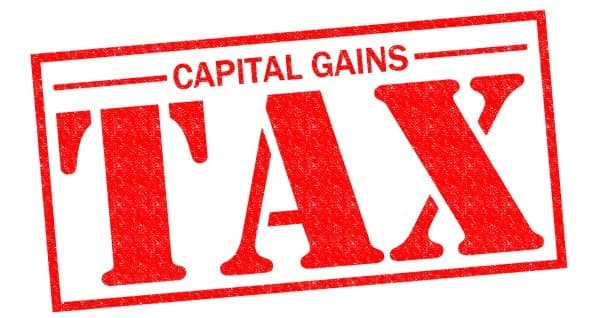
- 24 December 2016
Capital Gains Tax - Q&A with Nicole Kelly from ABA Tax
What CGT exemptions apply for a principal place of residence?
Properties which are owned by someone who resides, occupies or lives in the property as their home are exempt from CGT so long as the dwelling is used mainly for residential accommodation and is located on land under two hectares in size.
What is the six-year rule?
If the owner of a primary place of residence chooses to move out of their home and rent it out, a CGT exemption is available for up to six years after they have moved out so long as they don’t own another primary place of residence.
If the owner moves back into their investment property, then moves out and rents the property again, a new six-year period will commence from the time they last moved out of the property. There is currently no limit to the number of times a property owner can do this so long as each absence is less than six years.
Only one property can be classed as a primary place of residence and therefore exempt from CGT at any one time with the exception of the following rules which apply if both properties are treated as the owner’s primary place of residence within a six month period:
- The old property was the owner’s primary place of residence for a continuous period of at least three months in the twelve months before they sold it.
- An owner did not use the property to provide an assessable income in any part of the twelve months when it was not their primary place of residence.
- The new property becomes the property owner’s primary place of residence.
For all of your tax questions members of the Club can email Nicole Kelly at info@abatax.com.au
Nicole Kelly
ABA Tax
Related Posts

Adelaide’s Growth Curve Is Steepening
Adelaide has entered a new phase of its property cycle, and the data confirms it. According to the Office of the Valuer General, the median house price in metropolitan Adelaide reached $925,000 in the December 2025 quarter. Twelve months earlier, it was $850,000. That represents a $75,000 increase in one year,...
- 12 February 2026

Stop Overthinking Refinancing
By Joe Linco, Club Broker at Property Club When the Reserve Bank of Australia raises interest rates, most borrowers react the same way. Repayments go up, pressure increases, and the issue gets parked for later. That pause is often what costs the most. After the most recent RBA rate rise, many homeowners and property...
- 11 February 2026

Why the February RBA Decision Matters More Than the Headline
With the Reserve Bank of Australia heading into its February interest rate meeting, borrower attention is back on rates, repayments and loan structures. Recent economic data has shifted expectations, and uncertainty is now the dominant theme. Inflation has proven slower to cool than anticipated, and that has placed...
